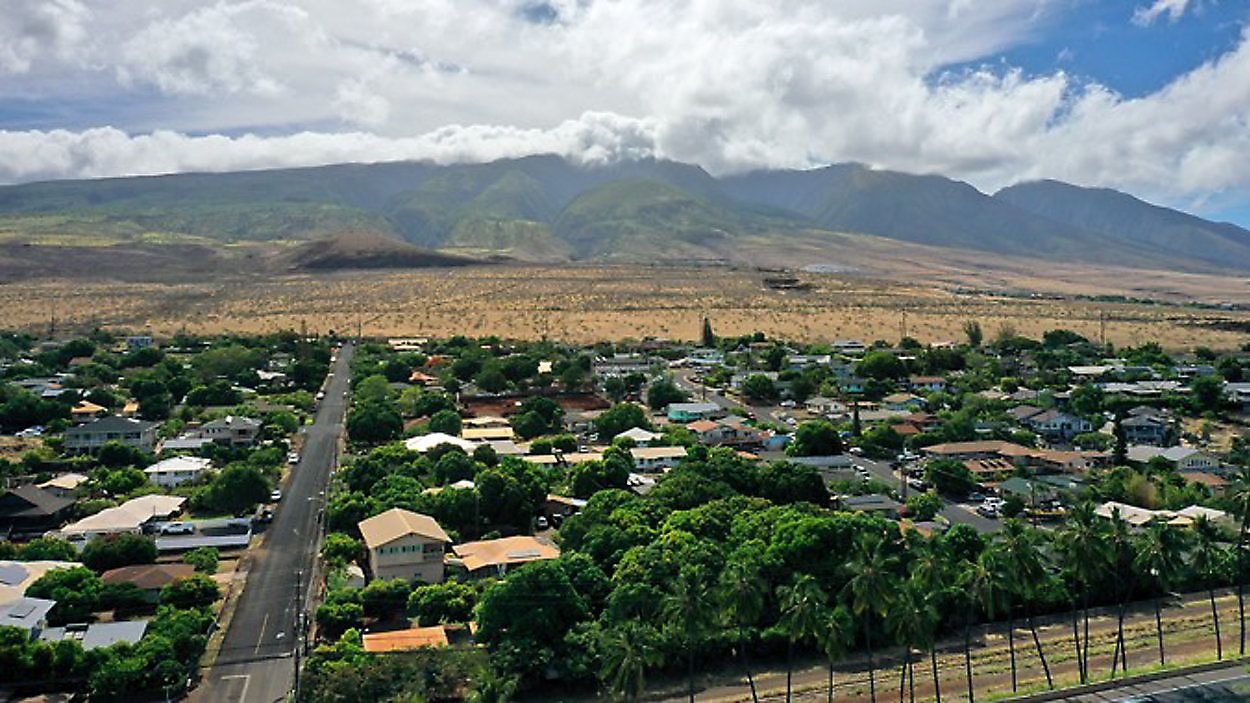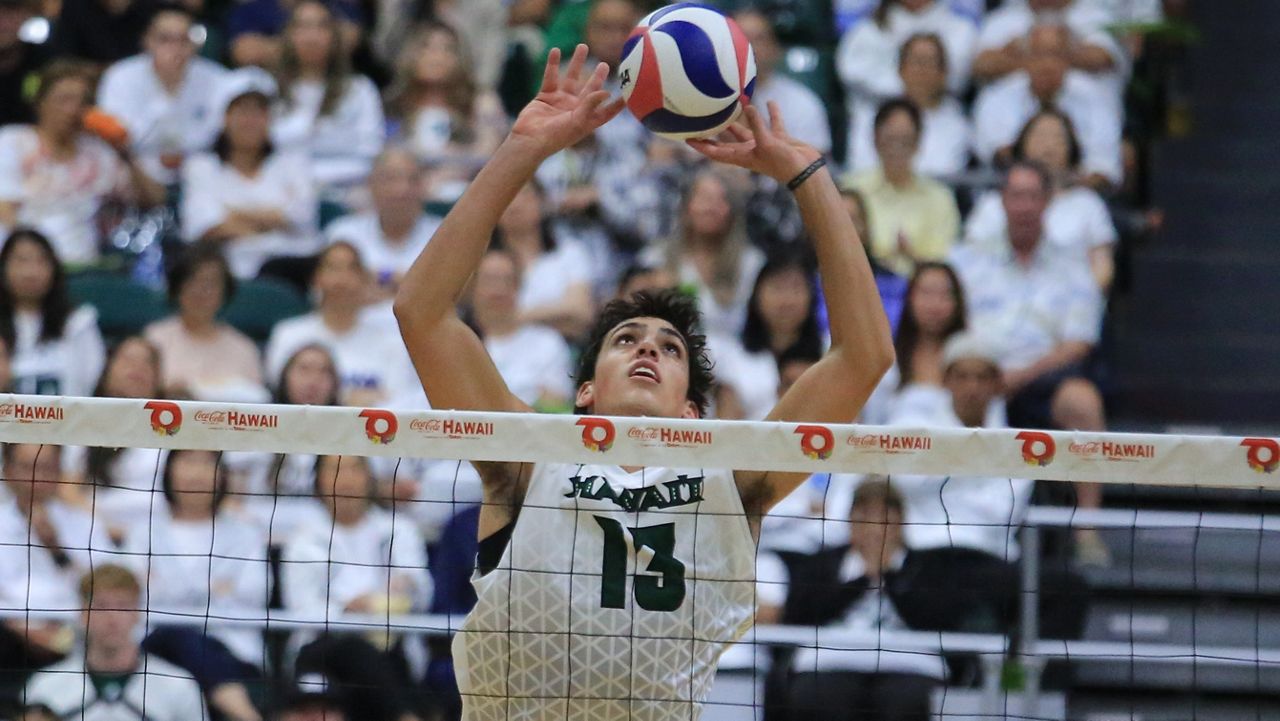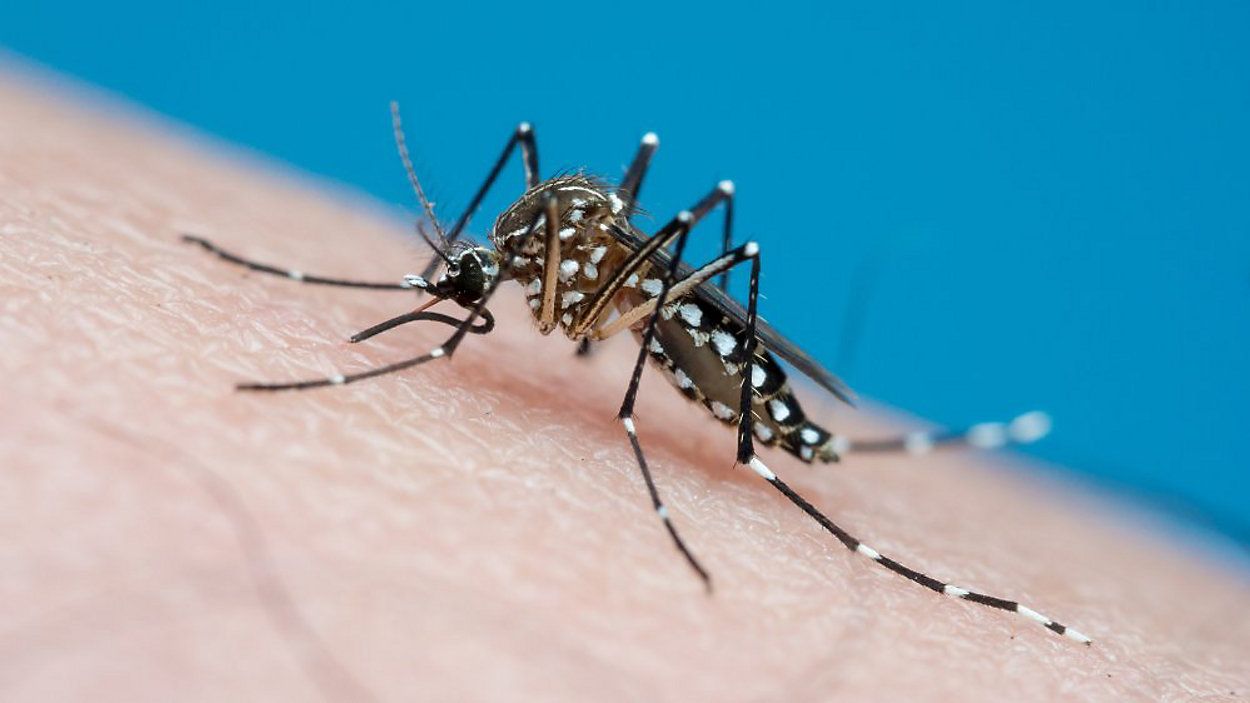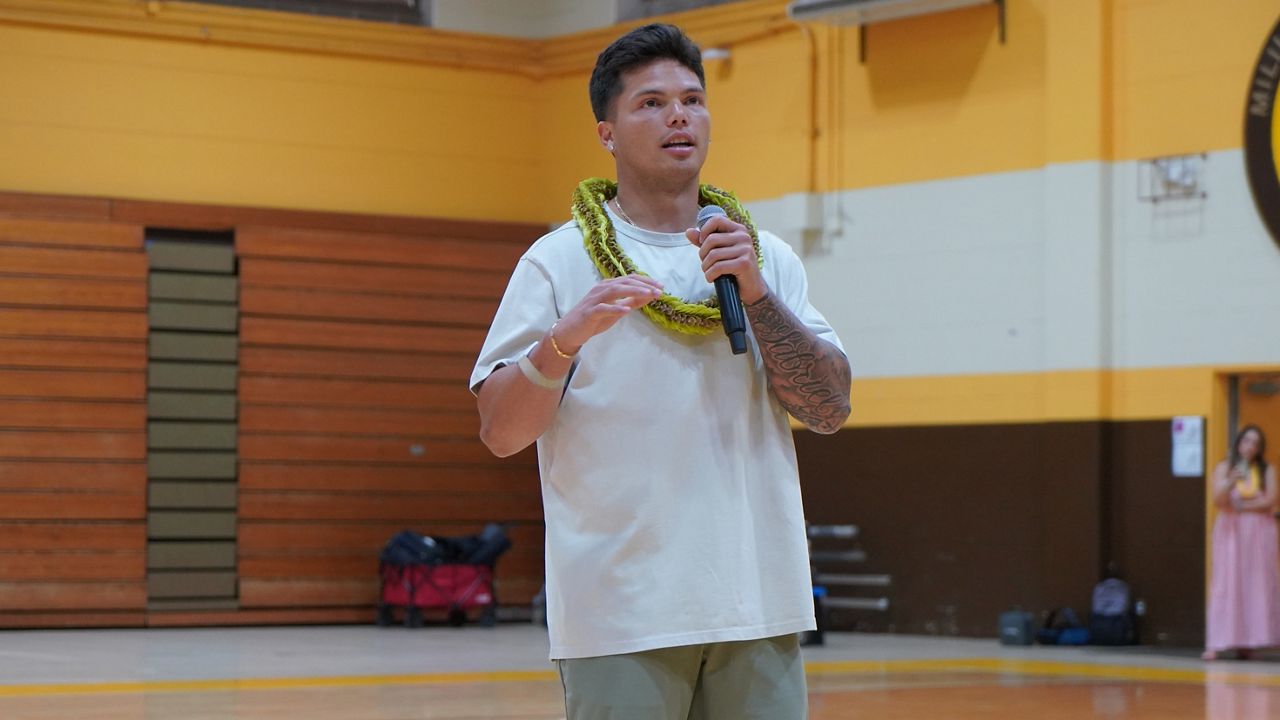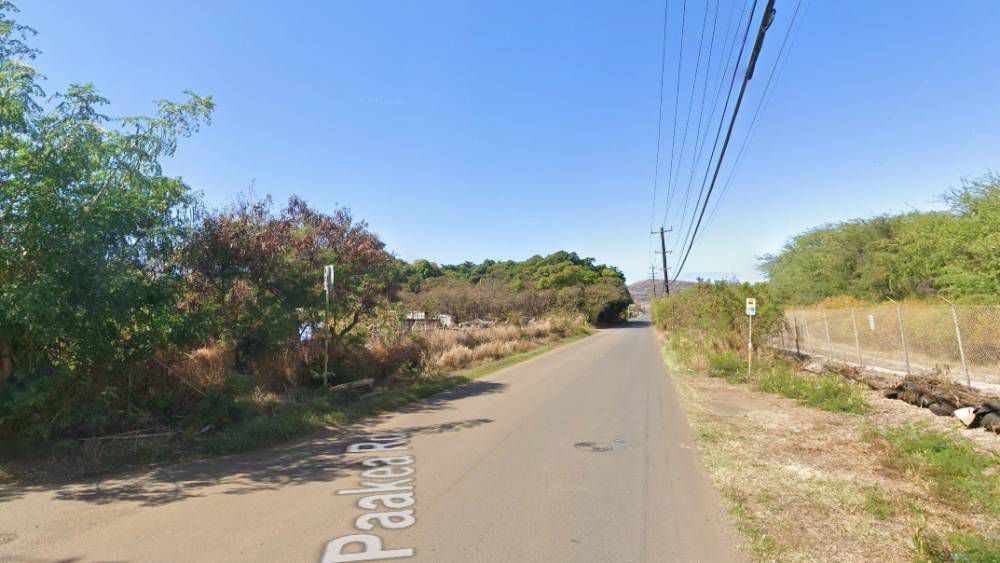HONOLULU — Gov. Josh Green has approved $33 million in state funds as part of the state’s contribution to the Broadband Equity Access and Development grant program, which will be used to fund eight programs aimed at bringing the state closer to achieving universal broadband access.
The BEAD program was created to help build broadband infrastructure for so-called “last-mile” connections, connecting high-speed internet to remote areas that do not currently have access to such service. The program is also intended to help enhance service resiliency between internet service provider networks, homes and Community Anchor Institutions in communities with under- or unserved locations.
“In an increasingly interconnected world, access to broadband is not just a convenience — it’s a necessity,” Green said in a statement released on April 26. “The BEAD grant will advance our collective efforts to create a more inclusive and digitally empowered Hawaii.”
Total funding for the BEAD program is expected to be a $205,091,121 with $144,484,493 coming from the federal government, $14,250,000 being made available from private and in-kind sources, and a total of $46,356,628 coming from state government. An appropriation of $13,356,628, which would fulfill the state’s obligation, is pending final passage in the Legislature.
“The Legislature’s action to ensure the state match in funding fulfills an integral component of the administration’s statewide initiative, allowing Hawaii to draw down $150 million in federal funding to connect unserved and underserved communities,” said Lt. Gov. Sylvia Luke, who leads the state’s Connect Kakou Initiative. “These types of partnerships and collaborations between the administration, the Legislature, industry partners and communities across the state will ensure that all residents have access to reliable and affordable high-speed internet.”
University of Hawaii chief information officer Garret Yoshimi said BEAD’s Challenge Process program can help Hawaii “create the best possible map of high-speed internet access across the state."
“Participants will submit evidence through a map-based web portal to identify locations without high-speed internet connection,” Yoshimi said. “Information from the Challenge Process will be used to deploy infrastructure to locations in the state without access to high-speed internet.”
The BEAD grant is part of a national $42.45 billion high-speed internet infrastructure program funding for 50 U.S. states and territories.
“These additional state funds will empower the Hawaii Broadband and Digital Equity Office to effectively pursue its key objectives in bridging the digital divide,” said Chung Chang, strategic broadband coordinator for the Hawaii Broadband and Digital Equity Office, which supports digital equity initiatives across the state. “By facilitating access to digital devices, internet connectivity, and comprehensive digital literacy training, HBDEO aims to equip our most marginalized and underserved communities with the necessary skills, resources, and opportunities to flourish in the digital age.”
Michael Tsai covers local and state politics for Spectrum News Hawaii. He can be reached at michael.tsai@charter.com.





